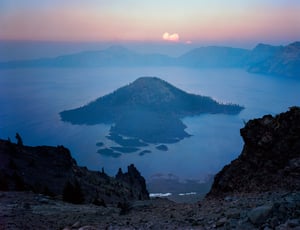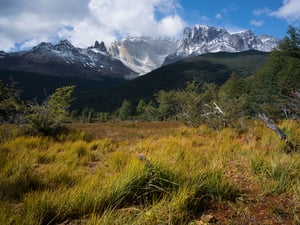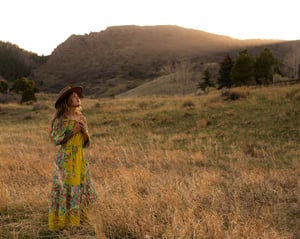Beginning this week, Photography Life is launching a series of weekly photography tips on our Member Page! These replace our daily tips, but not at the expense of volume – we’ll still do seven tips each week. Normally, these are only available to our paid Members, but I was happy with our inaugural post and wanted to publish it here too!
Photography Techniques Category Archive
Two Tips For Growing as a Photographer
Successful photography requires more than just talent: You also must have the courage to step out of your comfort zone, accept new challenges, and experiment with different and unknown subjects and techniques. In this article, I will share with you a pair of tips that I have collected on creative...
Tips for Multi-Day Backpacking as a Landscape Photographer
I just returned from one of the longest hikes I've ever done, the famous O Circuit in Chile's Torres del Paine National Park! This eight-day hike goes around the Paine massif itself, circumnavigating these magnificent peaks and showcasing them from every angle. For landscape photography, it's hard to think of...
5 New Features I’d Like to See from Nikon
It's not even a quarter of a century since Nikon launched the FM3a. At the time, Nikon was already producing feature-packed models such as the F5 and F100. Nevertheless, I'm going to use the former manual classic FM3a as a springboard for my futuristic visions. There are two reasons for...
Five Easy Things to Avoid in Bird Photography
Bird photography seems simple. You see a bird, you take its photo. But birds don’t just move - they can be in different environments and can have endless varieties of light shone upon them. All of a sudden, bird photography starts to get more complex. And in some ways, it...
Getting Closer in Wildlife Photography
Wildlife photography has a difficulty that most other genres lack: It's hard to get close to your subject. Animals are typically wary and will fly or run away if you just walk too close to them - that's why most wildlife photographers carry long lenses in the 400-800mm range and...
Using Panoramas for Wildlife Photography
If you use a prime lens for wildlife photography, the biggest problem is that you can’t zoom out to get the entire animal in the frame when you’re too close. But is there a solution to this problem that doesn’t involve using a different lens? One possibility is to use panoramas!
Depth of Field and Storytelling in Portrait Photography
One of the most important decisions made when taking a portrait is how much depth of field (DoF) to have in your image. This is because what is included and in focus in your image plays a large role in the storytelling of the photo. Today, I'd like to explore...
6 Tips for Wildlife Photography on a Sunny Day
If you asked me what my least favorite sort of light is for wildlife photography, it would be midday sun. When the sun is high in the sky, all sorts of problems occur. You get harsh shadows on the animals, harsh light in the background (translating to distracting bokeh), reduced...
Optimizing Shutter Speed in Bird Photography
When it comes to camera settings, shutter speed is the most important variable for bird photography. That’s because it’s the setting that you need to control the most. Optimizing your shutter speed is really the only way to maximize the amount of light you’re getting, while also freezing the bird’s motion.









